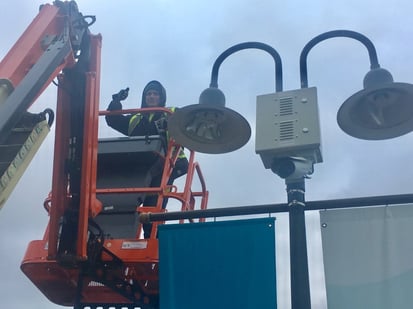
When it comes to video surveillance systems, it's important to understand the limitations of your existing hardware and setup. Network video recorders (NVRs) often communicate with multiple network interface connections (NICs) for a reason, and just because a NIC is rated for a certain speed, doesn't mean it can process that amount of raw video data. As cameras are added to the system, it's important to review the overall bandwidth going to each NIC.
Best practices recommend that a single 1000 MB/s NIC does not exceed 275 MB/s because of the way data is buffered and written to memory. When this limitation is reached, adding a second network connection and sharing the load is often advised to avoid loss of TCP data packets. This is also true for 10 GB NICs, as you do not want to cross 1450 MB/s on a 10000 MB line.
By understanding the limitations of your existing hardware, you can make informed decisions about adding cameras to your system and make any necessary upgrades to ensure that your video surveillance system is working optimally. This will help you to avoid issues such as lost data packets, poor image quality, and system crashes.
It's important to be aware of the limitations of your video surveillance system and understand the best practices for optimizing performance. By reviewing bandwidth and making upgrades as needed, you can ensure that your system is functioning effectively and providing the security and surveillance that you need.
For more information, call us at Absco Solutions.

